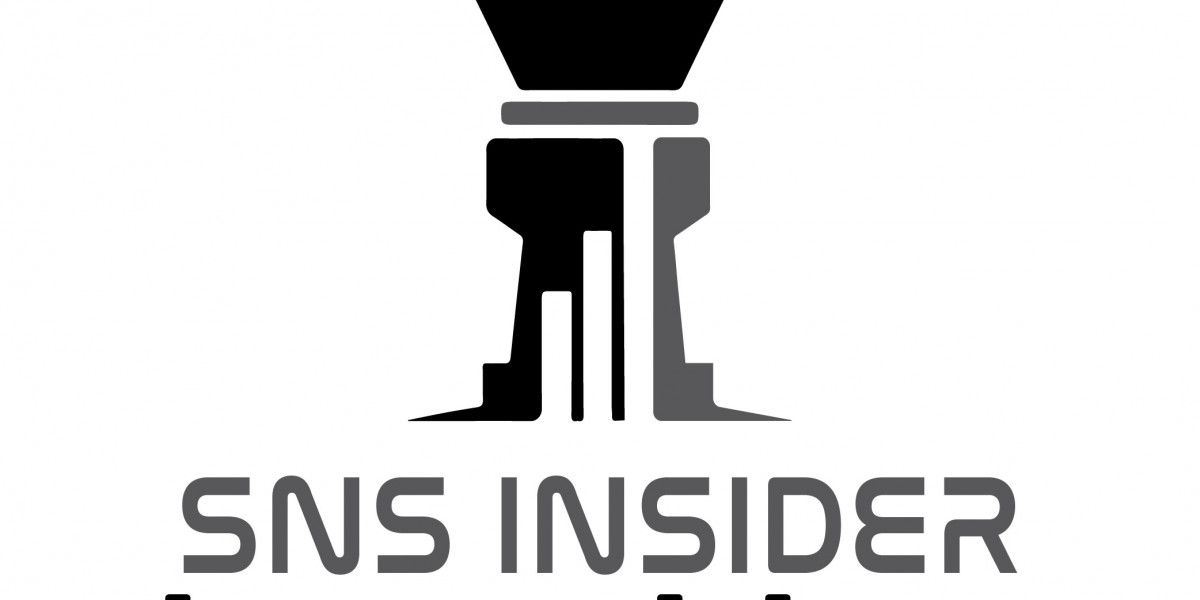Every organisation that wants to construct, strengthen, or boost an information security management system in order to comply with its existing information security policy and standards. This is exactly where the ISO 27001: Information Security Management System Certification or the Certified Information Security Management come to rule. With the growing exchange of information, data security has progressed beyond just sharing. Recent studies suggest data exchange and data security go parallel, progressively more important to protect against attackers, fraudsters, and other threats.

With such calculated risk, CISM is highly sought but challenging to attain. This qualification is in high demand, and holders are practically certain to land a dream career in information system security management. A Series of processes go behind and beyond to achieve the perspective of being CISM- certified. This article will walk you through each section in detail to understand and know exactly how to proceed.
What is CISM?
The Certified Information Security Manager, or CISM, is a certification is a advanced level credentials mostly sought by IT professionals who who want to demonstrate their ability to build and manage an enterprise-level information security programme. This is governed by a non profit professional association, ISACA, focusing on IT governancea and four key areas:
o Management of information security.
o Compliance and information risk management.
o Development and management of information security programmes.
o Management of information security incidents.
Domains of the CISM Certification exam in detail.
o Management of information security- 24%.
Predominantly, Information security governance seeks to focus on a number of management processes, i.e risk evaluation, system integration, access control, vulnerability analysis, and others.
o Compliance and information risk management- 33%.
This domain covers data asset evaluation to confirm that security measures are relevant to the asset’s economic value. It also look into threat investigations at appropriate periods to identify and evaluate the risk to the organization’s data.
o Development and management of information security programmes- 25%.
This domain focuses on improving and managing an information security programme that recognises, manages, and protects the assets of the organisation while aligning with the information security strategy and business goals, resulting in an effective security aspect.
o Management of information security incidents- 18%.
This domain will teach you about security crisis response, how to create a security incidence response strategy and playbooks, how to test plans for business continuity and how to test disaster recovery strategies.
Prerequisites and qualifications for CISM.
To get CISM certified, you must meet two requirements:
You must pass the CISM exam and have at least the requisite amount of work experience.
To achieve the second criteria, you must have five years of expertise in information security within the decade preceding your application, as well as three years of managerial experience in three or more of the main areas specified above.
CISM exam.
o CISM stands for Certified Information Security Manager.
o 4 hours in length
o Multiple-Choice and Multiple-Response Questions
o The number of questions is 200.
o Exam Languages include English, Spanish, and Japanese.
Why one should get CISM ?
Are you wondering if the CISM certification is worthwhile?
The demand for experienced and experienced information security management professionals grows, so does the CISM certification. They understand how to administer and integrate technologies to their organization and market. It demonstrates your comprehension of the correlation between a security program and larger corporate goals and objectives.
Furthermore, it distinguishes you as having understanding not just of information security, but also of the construction of an information security programme.
How does CISM adds value ?
Organizations that have achieved ISO 27001 certification exhibit their dedication to gradual growth and minimized information security impact.
As users become more conscious of informational protection and data breach risks, ISO 27001 auditing and certification positions your company as a responsible provider.
ISO 27001 accreditation may reduce the possibility of regulatory and information security liability in addition to showcasing your organization’s commitment to security.
The accreditation of your organization’s management system to ISO 27001 proves its capacity to regularly meet and exceed client expectations.
Click Here: CISM Certification Training Course







